
The state's highest rates of chronic absenteeism are in rural areas.

The state's highest rates of chronic absenteeism are in rural areas.

Misinformation about health spreads as rapidly as a pathogen. Here’s how to track its spread using an online tool called Hoaxy.
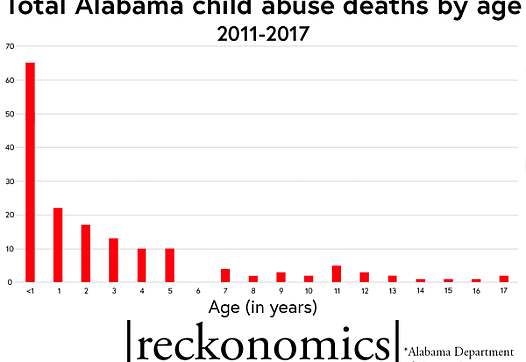
While child abuse and neglect take different forms, more than half of Alabama’s child abuse and neglect victims – 52 percent – experience physical abuse.

Because childhood obesity is a condition depending on many factors, some are taking simplified but powerful approaches to the problem.
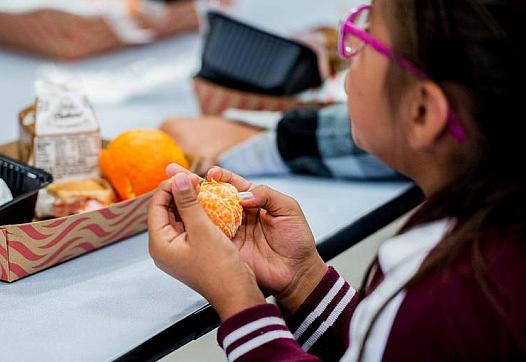
Chocolate milk and fruit juice accounts for about half of sugar consumed by district students, according to a Sun-Star analysis of breakfast and lunch nutritional data.
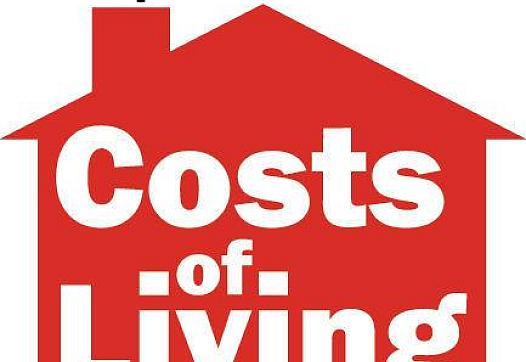
When people talk about our county, they often talk about vineyards, fine dining and upscale hotels. But that's not the reality for many of us who call the Napa Valley home.
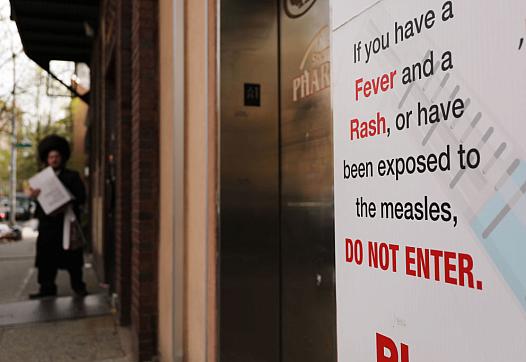
"The first measles vaccine was licensed the following year, in 1963. I found it wondrous to think that no more kids would get sick, as I had."
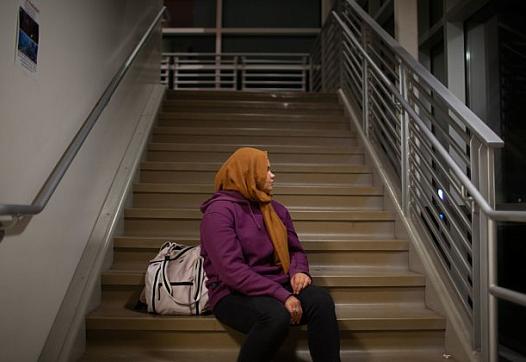
This story was produced as part of a larger project led by Deidre McPhillips, a participant in the USC Center for Health Journalism's 2018 Data Fellowship.
Other stories in this series include:
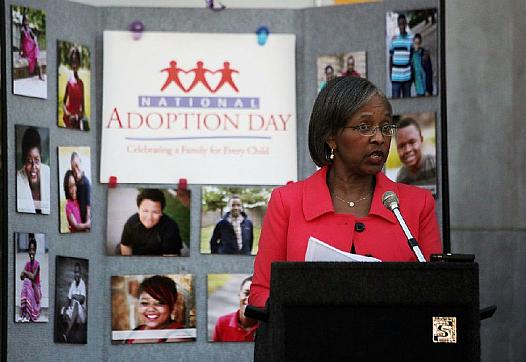
Support for Curcio’s reporting on this project also came from the Fund for Journalism on Child Well-Being, a program of the USC Annenberg Center for Health Journalism at the University of Southern California.
Other stories in this series include: